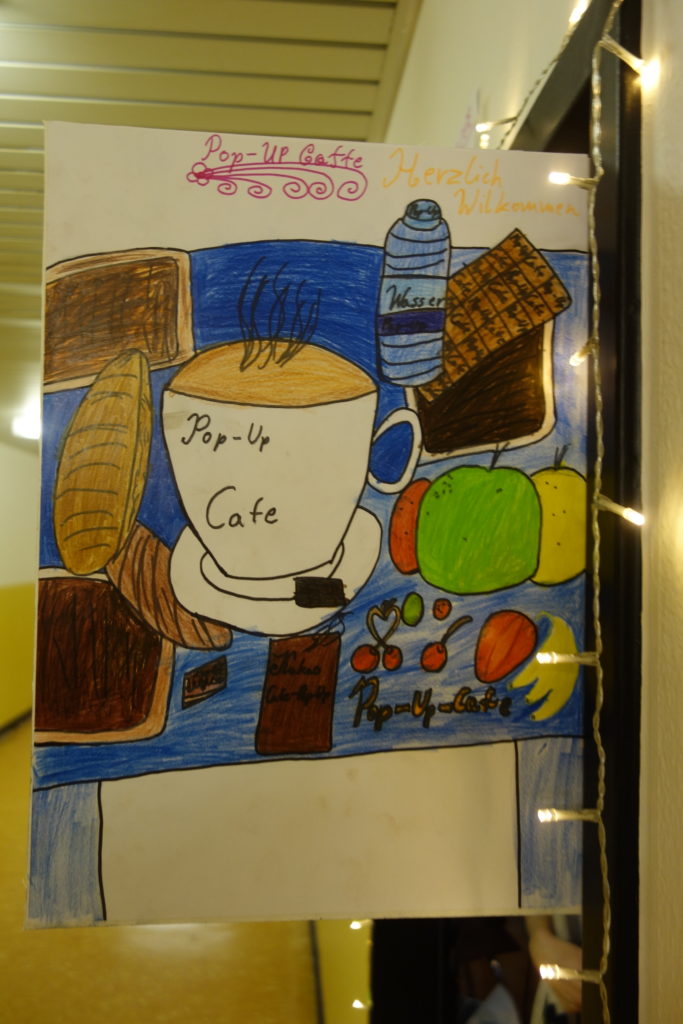An artistic research at the Jewish Museum Berlin, 2017-2019.
The goal is to develop an exhibition format together with young people. In a dialogue with people from different backgrounds, experiences and points of view, the Jewish Museum Berlin is both investigated in an open, dialogical process and simultaneously included in the curatorial work of the museum in order to create a dialogue with them. The “Schattenmuseum” takes its lead from the structures, needs and goals of the museum, looks for alternative approaches and designs an experimental set-up. Content, formats and methods are developed and implemented creatively in cooperation with schoolchildren, residents and museum employees.





First, ethnographic-aesthetic investigations in urban space (Measuring Jewish Berlin) as well as in archives and collections are carried out with the participants. At the same time, a blog is being created for workshops, campaigns, documentation and as a communication tool and project archive.
From mid-2017, sideviews have been involved in a collaborative exhibition at the Jewish Museum Berlin. Schattenmuseum / Growing – Jewish Life Today is a dynamic exhibition that focuses on the question: How can Jewish life today be portrayed vividly?
In the second step, workshops are conducted on the artistic realization of the research in various disciplines such as film, theatre, visual arts, model making, music, design and museum work.
On the basis of the resulting collection of materials, ideas and objects, a third workshop series will take place to realize the exhibition concept and architecture. Participants of the Schattenmuseum select exhibits together with the curators and the workshop results are processed through performance and installation. Various positions and stories on the topic “Growing – Jewish Life Today” as well as the process of dialogical discussion are depicted, brought to life and presented from November 2018 at the Ross Gallery in the Jewish Museum Berlin.
The exhibition “A for Jewish” poses questions, opens up space for dialogue and will continue to develop in a dialogical and dynamic way until the end of 2019: In workshops, participants can introduce perspectives and put down new layers of interpretation and design on the exhibition. Visitors are involved in activities, the performative design suspends any clear boundary between object and person, between narrator and story and invites you to participate in discussions, experiments, creative workshops, theatrical processes and film shoots. The participants of the shadow museum act as experts and present their specific forms of examination and presentation.
In September 2018, together with sideviews ten young people founded the Jugendgremium Schattenmuseum, in order to reflect on the work and to advise further museums and exhibition centres from their perspective. They also developed the accompanying program.
Article by Léontine Meijer-van Mensch, Miriam Goldmann, Christiane Lindner and Fabian Schnedler: What happens when many people make an exhibition together? About the development process and focal points of the exhibition “A for Jewish”.

















































